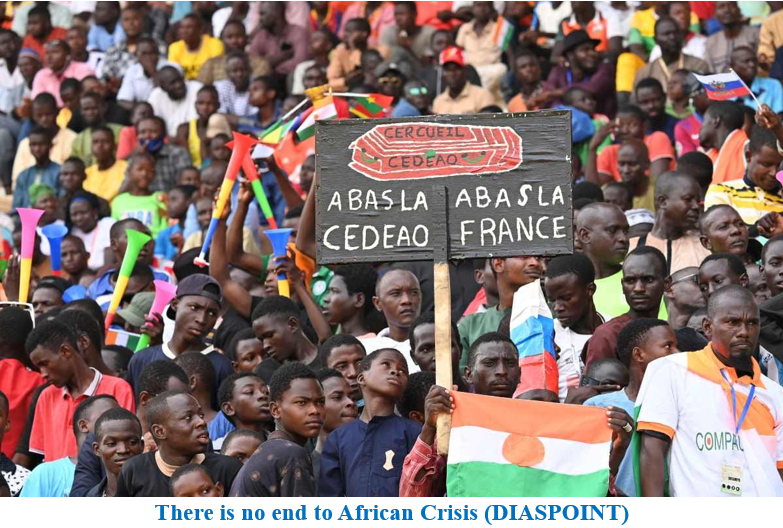Stability remains elusive for Burundi
Post By Diaspoint | June 4, 2024

Domestic political contestation in Burundi will intensify ahead of next year’s elections, setting the stage for a foreign policy reorientation toward non-Western partners.
To understand Burundi’s current crossroads, one must look back to 2015, when President Pierre Nkurunziza managed to be elected to a third term through a process of constitutional engineering. However – unlike in Rwanda, where there was no opposition to the constitutional changes that allowed President Paul Kagame to remain in power – Mr. Nkurunziza’s ambitions plunged the country into a political and security crisis.
The Burundian leader’s decision to again seek office, which was seen as contrary to existing term limits, sparked intense public opposition at the time. In response, Mr. Nkurunziza resorted to repressive measures, including arbitrary arrests and politically targeted assassinations. The fact that third termism has become a regional trend did not prevent it from making Burundi more isolated in the international sphere.
After seeing out his third term, President Nkurunziza eventually announced that he would not run for a fourth one in the 2020 general elections. This news was received with surprise and relief by the domestic opposition and international observers. General Evariste Ndayishimiye, a veteran of the country’s civil war, was chosen as a successor by the ruling party, the National Council for the Defense of Democracy – Forces for the Defense of Democracy (CNDD-FDD). Mr. Ndayishimiye won the 2020 elections and took office earlier than expected, after Pierre Nkurunziza’s death that June.
Hope for a political opening
Read More from original source
